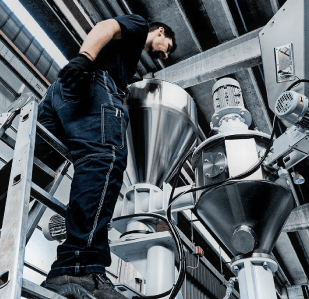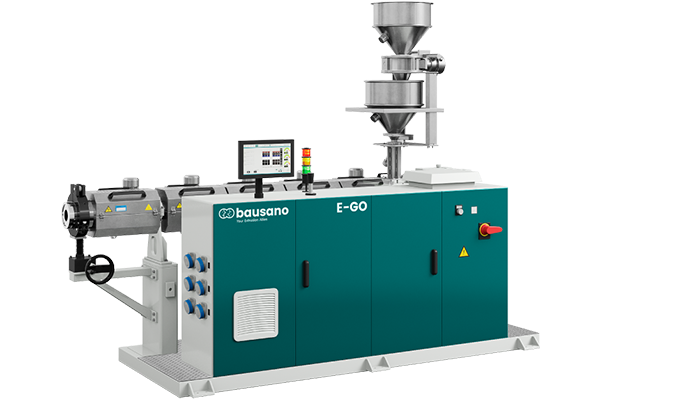Brief summary
Polyolefin (PO) pipelines, including polypropylene (PP) and polyethylene (PE), are increasingly favored in industrial and mining sectors worldwide for their resistance to corrosion, abrasion, and chemical attack, replacing traditional metallic systems. In this article we highlights their properties and showcases success stories globally. Industrial applications include sea water intake and outfall, water injection lines, sewage pumping, oil flow, and raw water pumping.
Characteristics and uses of polyolefin pipelines
Polyolefin (PO) pipelines are well known to utility companies throughout the world where they are used for water and gas distribution, and for sewage and wastewater disposal. There are now also a growing number of successful examples of polypropylene (PP) and polyethylene (PE) pipes being used in industrial and mining applications. In most cases, the PE and PP pipelines are replacing metallic systems owing to their superior resistance to corrosion, abrasion and chemical attack. This brochure provides information on the properties of these materials and shows some of the success stories from around the world.
Some typical applications for polyolefin pipes in the industrial sector are listed below:
- Sea water intake and outfall pipes
- Water injection lines
- Treated sewage pumping main
- Oil flow lines
- Raw water pumping main
Some examples of polyolefin industrial pipes from around the world:
Crude oil transportation pipes in Sim Sim, Oman
PE100 pipe transporting water-crude oil mixture at 50°C and 10 bar pressure across the desert. Installed in 1997 to replace steel pipes that were failing after only two years, these industrial pipes are still operating and recent tests confirm they are capable of continuing for many years.
Sea water cooling pipes in Abu Dhabi, UAE
PE100 pipes transporting sea water for cooling the new Borouge petrochemical plant at Ruwais. The network is comprised of 1600 mm diameter 6 bar pressure inlet pipelines and 6 of 1600 mm diameter gravity outlet pipelines. The initial Borouge plant used large diameter GRP pipes but since these suffered from a number of failures, they have been replaced by PE100 pipes in the new plant.
Firewater main renovation in Stenungsund, Sweden
PE100 was used for renovating the 40-year-old steel fire mains at the Borealis polyethylene plant in Stenungsund, Sweden. Part of the pipeline was replaced by open cut and part by “pipe bursting” the old pipeline.
Credits: borouge.com



_5f1056e52b15e.jpeg)



